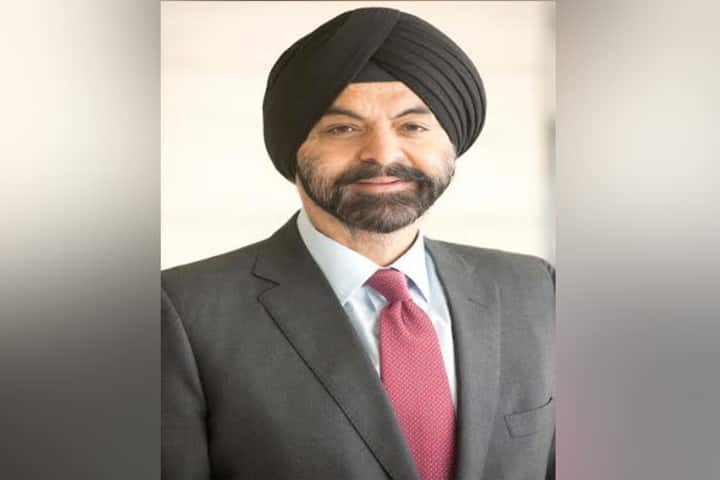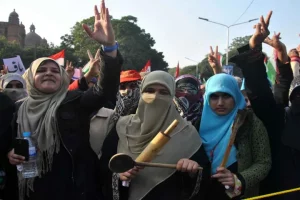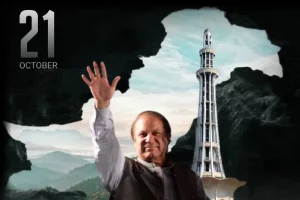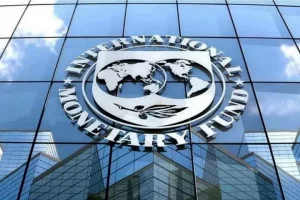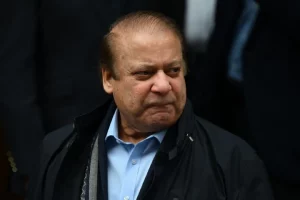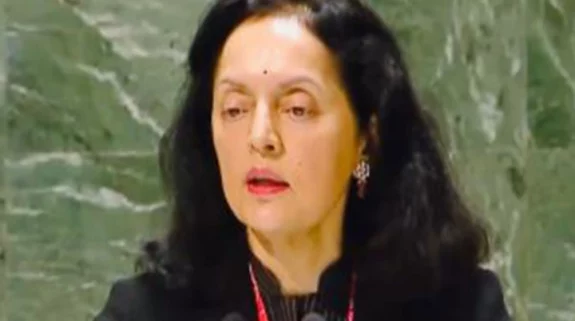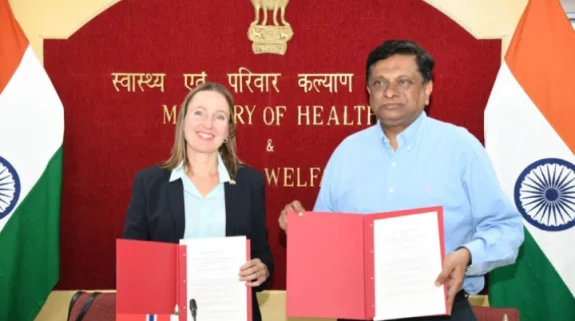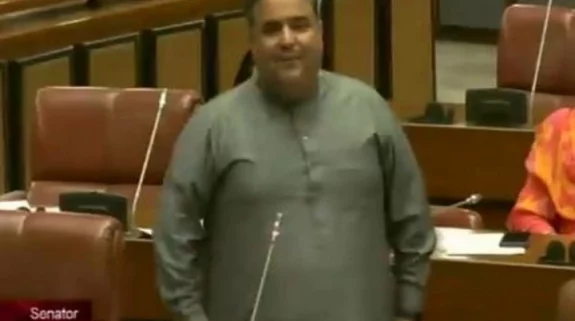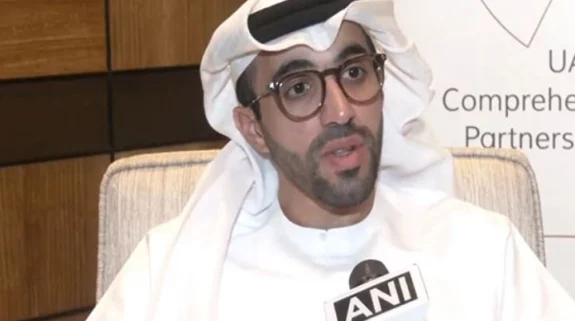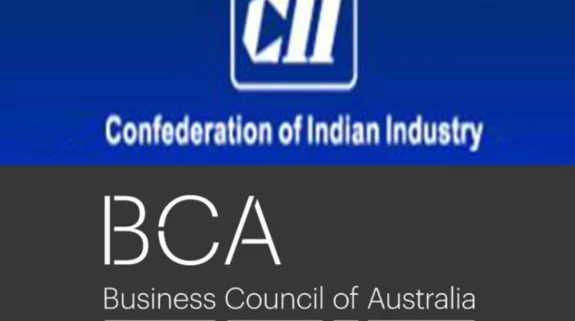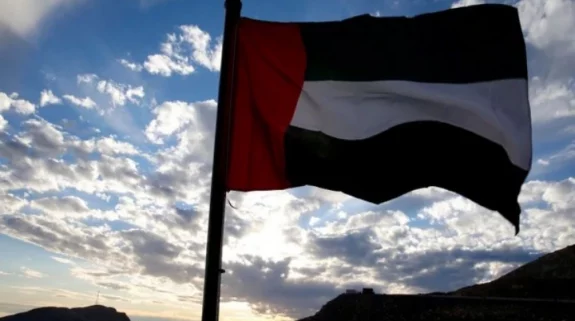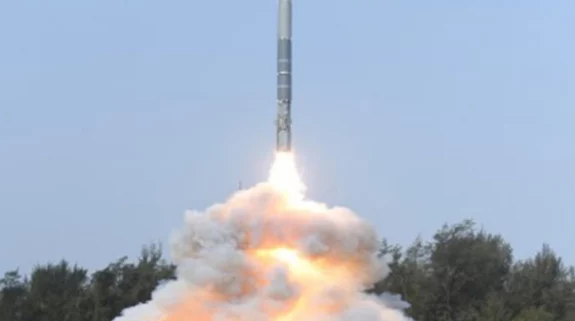With the World Bank now kicking off the much needed reform agenda, other multilateral agencies could start the process as well. Reforms of multilateral lenders have been pending for long.
US President Joe Biden has already underlined the need for the World Bank and International Monetary Fund to bring necessary reforms so that they can serve countries better at a time when multiple challenges have emerged in the post Covid phase. Food and energy shortages amid rising prices, debt distress and climate issues have led to serious concerns throughout the world but especially the Global South.
World Bank President Ajay Banga’s actions will be scrutinised with a fine tooth comb, as he takes on the mantle to reform the multinational agency, especially after his predecessor David Malpass’ tenure abruptly ended.
Malpass, who was appointed by former US President Donals Trump in 2019, came under major criticism after he dodged questions related to fossil fuels and climate change.
“I don’t even know. I’m not a scientist,” he replied while appearing on a climate finance panel at a conference in New York in September 2022. This drew condemnation from the White House.
Banga, at a press conference, during the just concluded G20 summit under India’s Presidency said that while the bank will continue to focus on poverty eradication, other key issues relating to climate change and debt management in the wake of the Covid pandemic will be taken up too.
“There’s a lot of work going on with the World Bank on the reform agenda. It starts from redefining the vision of the bank, to not just be focused on poverty, although it’s important, but to also include a livable planet. The idea is to eradicate poverty on a livable planet and by doing that, we expand the aperture of our view to include climate, pandemics, fragility, things that we are living through, and these are intertwined with poverty alleviation, very difficult to segregate them,” he said.
Banga, an Indian American took over as the World Bank chief in June.
Since 1988, the World Bank has set up as many as 100 climate-related trust funds but failed to make any impact on climate financing. “The failure to deliver on climate is not for want of a new trust fund. The World Bank needs to reform its core operations, integrating climate throughout its work and making sure all its funding is aligned with the Paris Agreement’s goals,” the US based Natural Resources Defense Council said in a report.
The National Council of Applied Economic Research (NCAER) in a study said that despite owing half their external debt to the multilateral development banks (MDBs), the lower income countries are deemed to be in debt distress. “This raises questions about the accuracy of their debt sustainability assessments conducted by the MDBs,” it said.
Hours before the G20 summit kicked off in New Delhi, the World Bank and IMF issued a rare joint statement reiterated their commitments towards expanding cooperation to deal with challenges relating to climate change, debt vulnerabilities and countries’ digital transitions.
“We will enhance our joint work to help prevent further build-up of debt vulnerabilities, assisting countries to strengthen debt management and transparency and public finances,” Kristalina Georgieva, Managing Director, IMF and Banga said in the joint statement. The two multilateral agencies also pledged to expand support to creditors and debtors dealing in debt restructurings.






